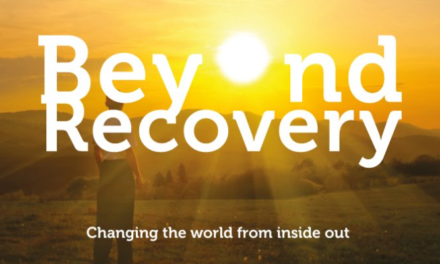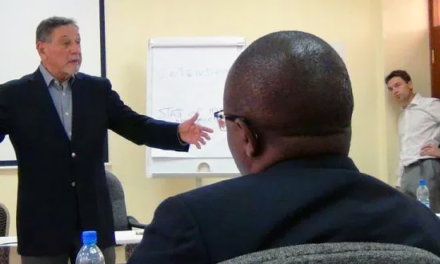 When I work with clients – typically leaders in positions of responsibility, or people working to effect change – what strikes me over and over again is the degree to which stress and overwhelm have become normalised in our culture. The collective experience of stress and burnout has become so ingrained that, when taken to the extreme, it almost becomes a badge of honour, a perceived sign of our importance and value in the world or in the workplace.
When I work with clients – typically leaders in positions of responsibility, or people working to effect change – what strikes me over and over again is the degree to which stress and overwhelm have become normalised in our culture. The collective experience of stress and burnout has become so ingrained that, when taken to the extreme, it almost becomes a badge of honour, a perceived sign of our importance and value in the world or in the workplace.
This worldview does untold damage, and yet we can see it play out every day, not just on an individual level, but also at the level of corporate and organisational culture. We have simply come to believe and accept that stress, overwhelm and burnout are an inevitable part of modern-day life, part and parcel of our efforts to get things done and get through the day. What’s more, the general opinion, among high-performers especially, is that without some degree of stress, we simply aren’t working hard enough to reach our goals and targets, achieve success and stand out from the crowd.
Fortunately, there is also increasing awareness, at least in theory, if not in practice, of the value of wellbeing in the workplace. Stress management is now a huge industry – and with the best of intentions. But despite all these programmes, the question remains, if stress management truly worked, why are we all still so stressed? Given the vast amount of information that is freely and readily available online, given the multitude of techniques, strategies and tools available that are aimed at reducing stress, and the huge financial investments made by companies in professional development, why is that stress isn’t simply a thing of the past? Why do people, companies and organisations continually find themselves having to invest, year, after year, in professional development that ultimately seems not to have any lasting effect?
The reason is a collective, but innocent, misunderstanding of how the mind works, and of what actually lies behind the human experience. Once this misunderstanding of what causes someone’s experience of stress is cleared up, there is no option but for that stress to fall away, immediately revealing a clarity and peace of mind that did not previously seem possible, and unlocking the innate resilience, resourcefulness, and creativity we have to solve any challenge, big or small.
— Please read the rest of this post first published on LinkedIn









